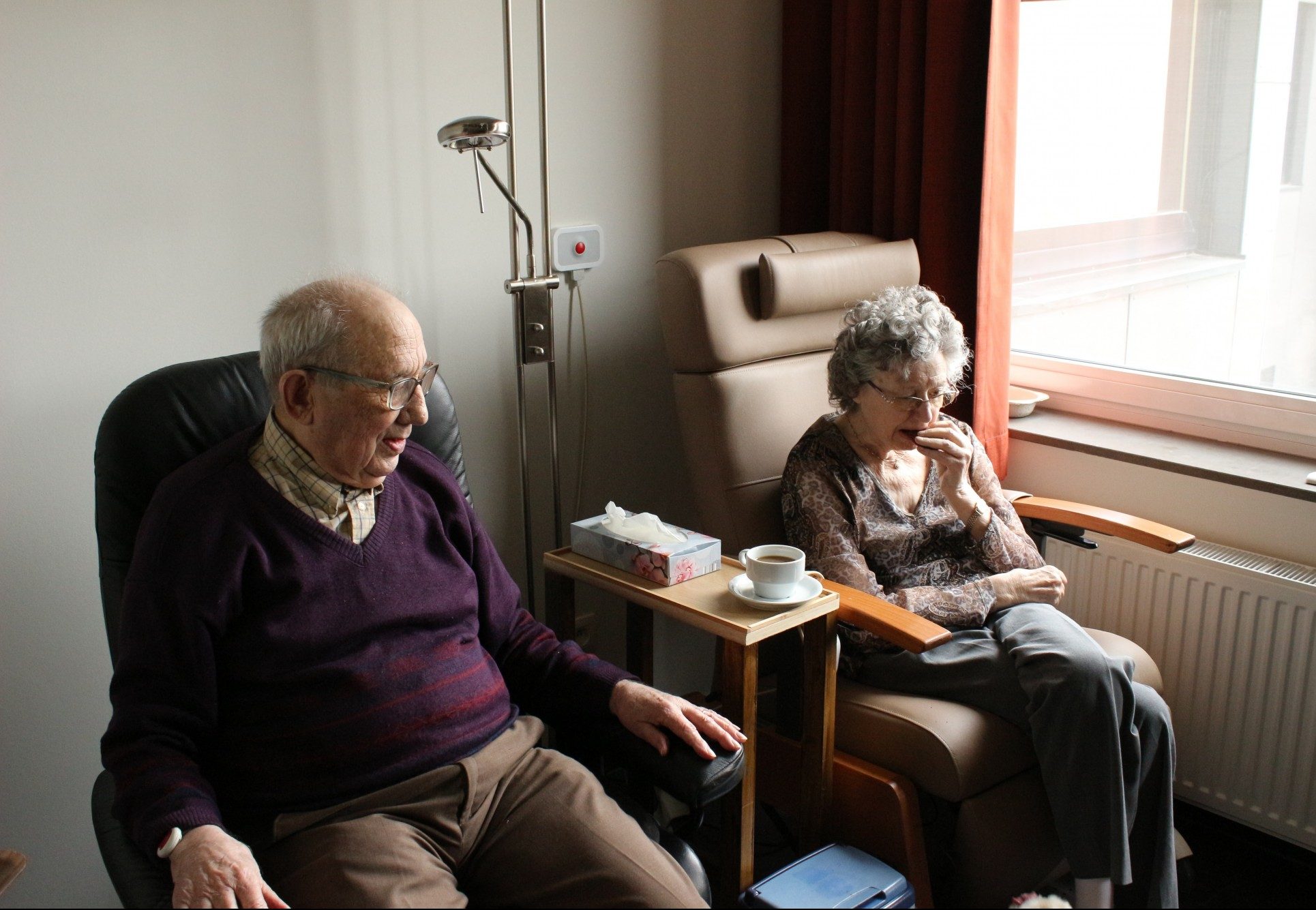**This article was originally posted on www.route65.ca**
As COVID-19 continues to affect the daily lives of all British Columbians, family members supporting seniors living in long-term care are facing unique challenges and concerns related to the virus.
As family members see long-term care and assisted outbreaks reported in the news, many are asking themselves if they should take their family member out of their care home, or assisted living suite, and move them into their home.
What you should consider
Start by talking to the person about what they want. If this isn’t possible, due to advanced dementia for example, consider how the person made choices in the past, and what they may have wanted.
Once you have done that, here are a few things to consider, according to Laura Tamblyn Watts, President & CEO of CanAge (for a full list, please visit CanAge at www.canage.ca.)
- Is your home barrier-free? Is your loved one able to get up the front stairs or walkway? Do you have sturdy handrails (preferably one on each side) upstairs and, where possible, in hallways too?
- Do they need to be transferred (bed / toilet / shower)? How would you do that?
- Do they need a Hoyer lift?
- Do you have an hospital-style, or other appropriate bed with accessibility grips for getting in and out?
- Do they need bedrails or other protective devices or restraints? Is your bathroom accessible (toilet / shower / sink)?
- Do they need assistive devices like wheelchairs, canes, or walkers? Do they fit in your house and hallways?
- Do you have their medications and expertise to provide them with appropriate medical care?
- Are you able to monitor and chart their health conditions (blood pressure / blood sugar / urine output)?
- Can you manage skin care and skin health to prevent bedsores?
- Are you able to support incontinence and access any needed products?
- Are you able to support a person with memory loss, sundowning, responsive behaviours, self-harming, hitting, wandering, or other factors secondary to dementia?
- Do you have a safety plan to keep a person with dementia safe and not leaving your home during COVID19?
- Who will you call if your loved one gets sicker (with COVID19 or their underlying health issues)?
Remember, it is likely that the person’s situation has progressed since your family member lived independently, or with you. Speak with the person’s care team to get a sense of what support they currently receive around eating, dressing and moving around.
Also think about what will happen when it is time for the person to return. Will they lose their placement in the long-term care home? If so, how long will the wait be to get them readmitted post COVID19?
Getting support
For many, this decision is a very complex and emotional. The choice may also be compounded by feelings of anxiety, guilt and grief. Exploring these feelings can be helpful. Consider reaching out to get additional support during this stressful time. Visit this post for more information about managing your mental health amid Covid-19.





